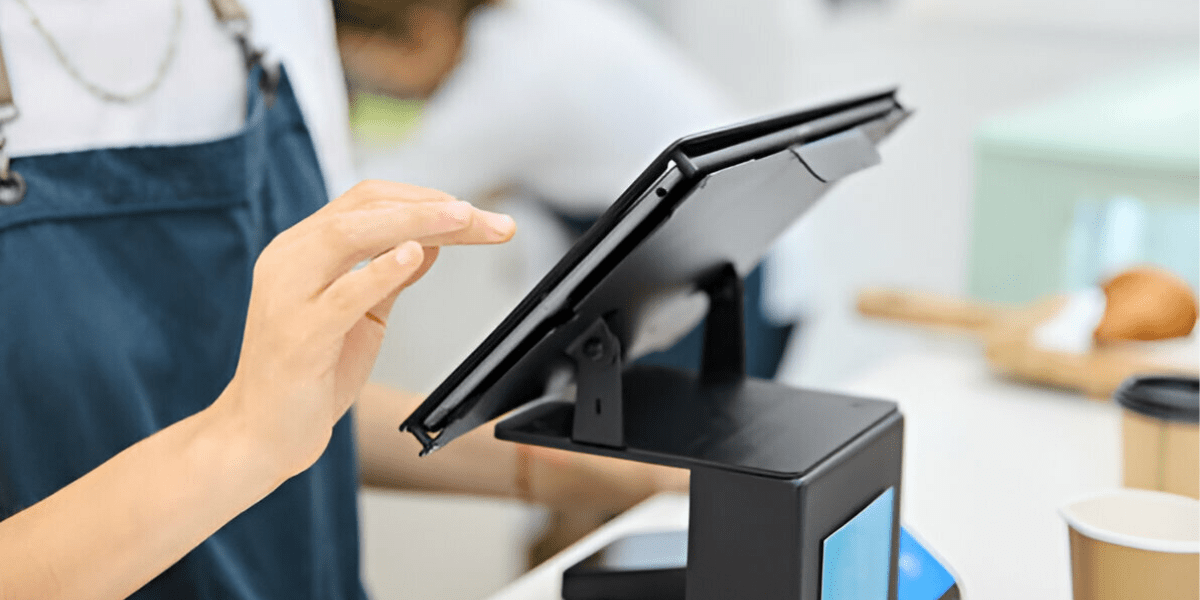How POS Systems Aid in Tax Management for Businesses

Managing taxes is a critical aspect of running any business. Accurate tax management ensures compliance with government regulations and prevents potential financial and legal penalties. One of the most effective tools for simplifying this process is a Point of Sale (POS) system. Modern POS systems are equipped with advanced features that help businesses streamline their tax management processes, making it easier to handle tax calculations, reporting, and compliance. Here’s a closer look at how POS systems aid in tax management for businesses.
1. Automated Tax Calculations
One of the primary benefits of using a POS system is its ability to automatically calculate taxes during transactions. This feature eliminates the need for manual calculations, reducing the chances of human error. POS systems can be configured to account for different tax rates based on product categories, locations, or regions, ensuring that the correct tax amount is applied to every sale.
For instance, businesses operating in multiple locations often face the challenge of managing varying tax rates. A POS system can store and apply location-specific tax rules, making it easy to comply with local regulations. This automation not only saves time but also ensures accuracy in tax collection.
2. Real-Time Tax Tracking
Modern POS systems provide real-time tracking of taxes collected during sales. This functionality allows businesses to monitor their tax obligations at any given time. By offering up-to-date insights into the amount of tax collected, POS systems help businesses stay on top of their tax responsibilities and avoid surprises during tax season.
Real-time tax tracking also simplifies cash flow management. Businesses can estimate their tax liabilities and plan their finances more effectively, ensuring that they have sufficient funds to meet their tax obligations when due.
3. Simplified Tax Reporting
Tax reporting can be a daunting task, especially for businesses dealing with large volumes of transactions. POS systems simplify this process by generating detailed tax reports that consolidate all sales and tax data. These reports can be customized to meet specific requirements, such as separating taxable and non-taxable sales or summarizing tax amounts collected over a specific period.
Many POS systems also integrate seamlessly with accounting software, further simplifying the reporting process. By automatically transferring tax data to accounting systems, POS systems reduce manual data entry and ensure consistency and accuracy in financial records.
4. Improved Tax Compliance
Compliance with tax laws is crucial for avoiding penalties and maintaining a good reputation. POS systems help businesses achieve tax compliance by ensuring that all transactions are recorded accurately and transparently. The system’s ability to store and retrieve historical sales and tax data makes it easier for businesses to provide the necessary documentation during audits or tax filings.
Additionally, some POS systems come with built-in compliance features, such as alerts for tax rate changes or reminders for upcoming tax deadlines. These features ensure that businesses stay informed and take timely action to meet their tax obligations.
5. Support for Multiple Tax Jurisdictions
Businesses that operate in multiple regions often face the complexity of managing different tax jurisdictions. POS systems are designed to handle this challenge by supporting multiple tax rates and rules. The system can automatically apply the correct tax rate based on the customer’s location or the business’s operational region.
For example, an e-commerce business selling products across state lines can use a POS system to calculate and apply the appropriate sales tax for each state. This capability simplifies tax management and ensures compliance with local and state tax regulations.
6. Enhanced Audit Preparation
Preparing for tax audits can be a stressful and time-consuming process. POS systems make audit preparation easier by maintaining a comprehensive record of all transactions, including sales, taxes, and refunds. This data can be quickly accessed and organized into detailed reports, providing auditors with the necessary information to verify tax compliance.
With a POS system, businesses can confidently face audits, knowing that their tax records are accurate, complete, and well-organized.
7. Time and Cost Savings
By automating tax calculations, tracking, and reporting, POS systems save businesses significant time and effort. Employees no longer need to spend hours manually calculating taxes or preparing reports, allowing them to focus on more strategic tasks. This efficiency translates into cost savings, as businesses can reduce administrative overhead and minimize the risk of errors that could lead to financial penalties.
Conclusion
POS systems play a vital role in aiding tax management for businesses. From automating tax calculations to simplifying reporting and ensuring compliance, these systems provide a comprehensive solution to the challenges of tax management. By investing in a reliable POS system, businesses can streamline their operations, improve accuracy, and reduce the stress associated with tax responsibilities. As tax regulations continue to evolve, having a robust POS system in place will be an invaluable asset for any business striving for efficiency and compliance.






